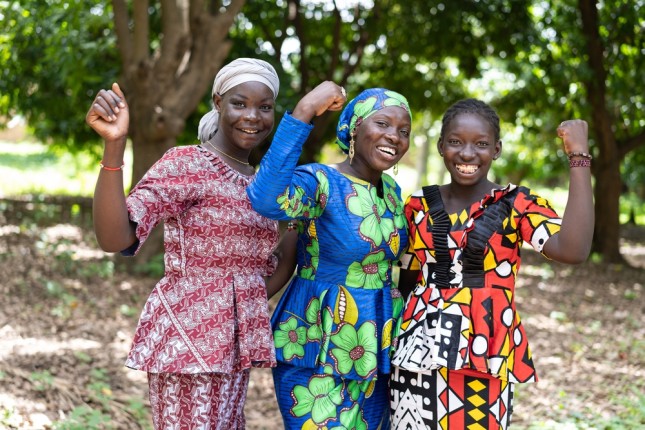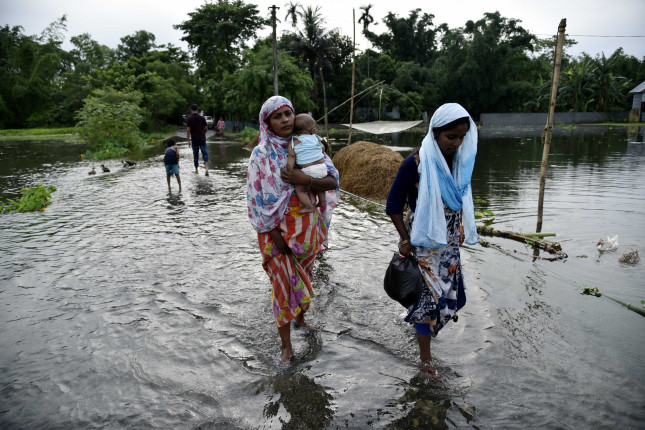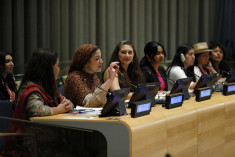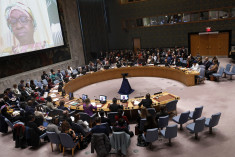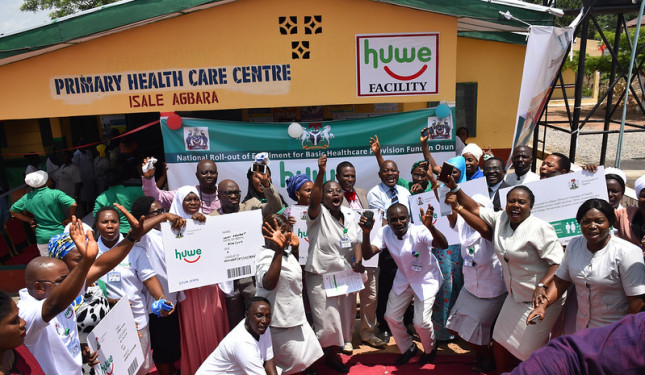-
Connecting the Dots to Gender Equality and Empowerment
›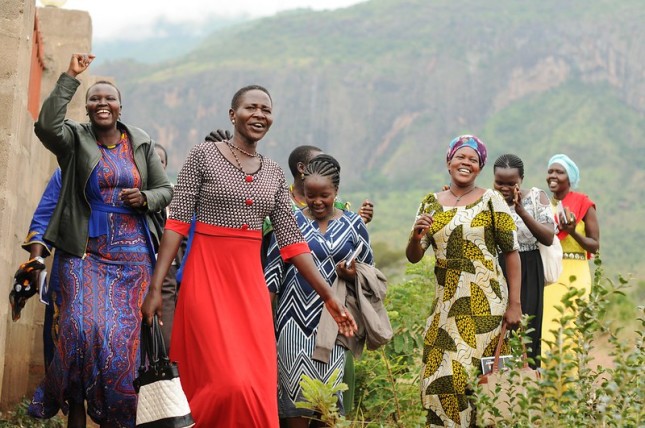
“Women’s ability to access education, pursue a career outside the home, or participate politically often hinges on their ability to exercise control and autonomy over their own bodies and reproduction,” said Sarah Craven, Director of the North American Representation Office at UNFPA at a recent Wilson Center event, hosted in partnership with Population Institute, to launch their new report, Connecting the Dots: Sexual and Reproductive Health and Rights as Prerequisites for Global Gender Equity and Empowerment.
-
Youth Led Social Accountability – Case Studies and Challenges
›
Young people should be able to hold public officials and service providers accountable for meeting their needs and rights. And this principle—known as youth social accountability—can also have a ripple effect on the health and wellbeing of young people themselves by enhancing the quality of health services and fostering more positive interactions with adolescents within health systems.
-
New Global Health & Gender Policy Brief: Climate Change and Maternal and Newborn Health Outcomes
›
The growing climate crisis presents one of the largest public health threats of the century. However, its countless impacts on maternal and newborn health outcomes (as well as health disparities worldwide) have only recently gained global attention.
-
Connecting the Dots: Women’s Economic Empowerment and Reproductive Health
›
In the fight for global gender equality, women’s economic empowerment and sexual and reproductive health and rights (SRHR) are intrinsically linked. This year, for instance, the Biden-Harris administration launched the U.S. Strategy on Global Women’s Economic Security. The interagency strategy is the first of its kind, and it lays out a vision in which women and girls around the world, in all their diversity, are able to fully, meaningfully, and equally contribute to, and benefit from, economic growth and global prosperity.
-
Connecting the Dots: Women’s Political Empowerment and Reproductive Health
›
The Biden-Harris Administration marked a significant milestone earlier this year by hosting the second Summit for Democracy—which highlighted steadfast commitments to advancing women’s political and civic engagement. Global efforts towards achieving gender equality have not prevented the continuing worldwide underrepresentation of women in political decision-making—hindering progress towards empowerment and equal participation.
-
Report Launch: The Lancet Commission on peaceful societies through health equity and gender equality
›
“The message of the report we are issuing today is clear: health equity and gender equality have a unique and powerful ability to contribute to peace,” said Finland’s former President Tarja Halonen at the recent launch event at the Wilson Center for a new report by the Lancet Commission on peaceful societies through health equity and gender quality.
-
Connecting the Dots: Women, Peace, and Security and Reproductive Health
›
It is well established that women’s and girls’ lives are disproportionately affected by humanitarian emergencies—and that these crises often underscore pre-existing discriminatory practices. According to the United Nations Population Fund (UNFPA), women and children account for more than 75 percent of those at risk from war, famine, persecution, and natural disaster. During these emergencies (and in their aftermath), women and girls are exposed to greater threats, such as the loss of livelihoods, education, and security due to displacement and the breakdown of social order.
-
Maternal, Newborn and Child Health: Complementary Investments Are Key
›
In 2018, the Lancet Commission on High Quality Health Systems ignited a global shift in focus and investment for maternal, newborn, and child health (MNCH).
Increasing access to care had been a primary focus during previous decades, but the Commission found that as service use increased, “poor-quality care” had become a more significant obstacle to reducing mortality than insufficient access. The Commission also argued that increasing access alone would not achieve Sustainable Development Goal (SDG) 3—ensuring healthy lives and promoting well-being. What the world needed now was an intensified focus on improving quality of care.
Showing posts from category Dot-Mom.


